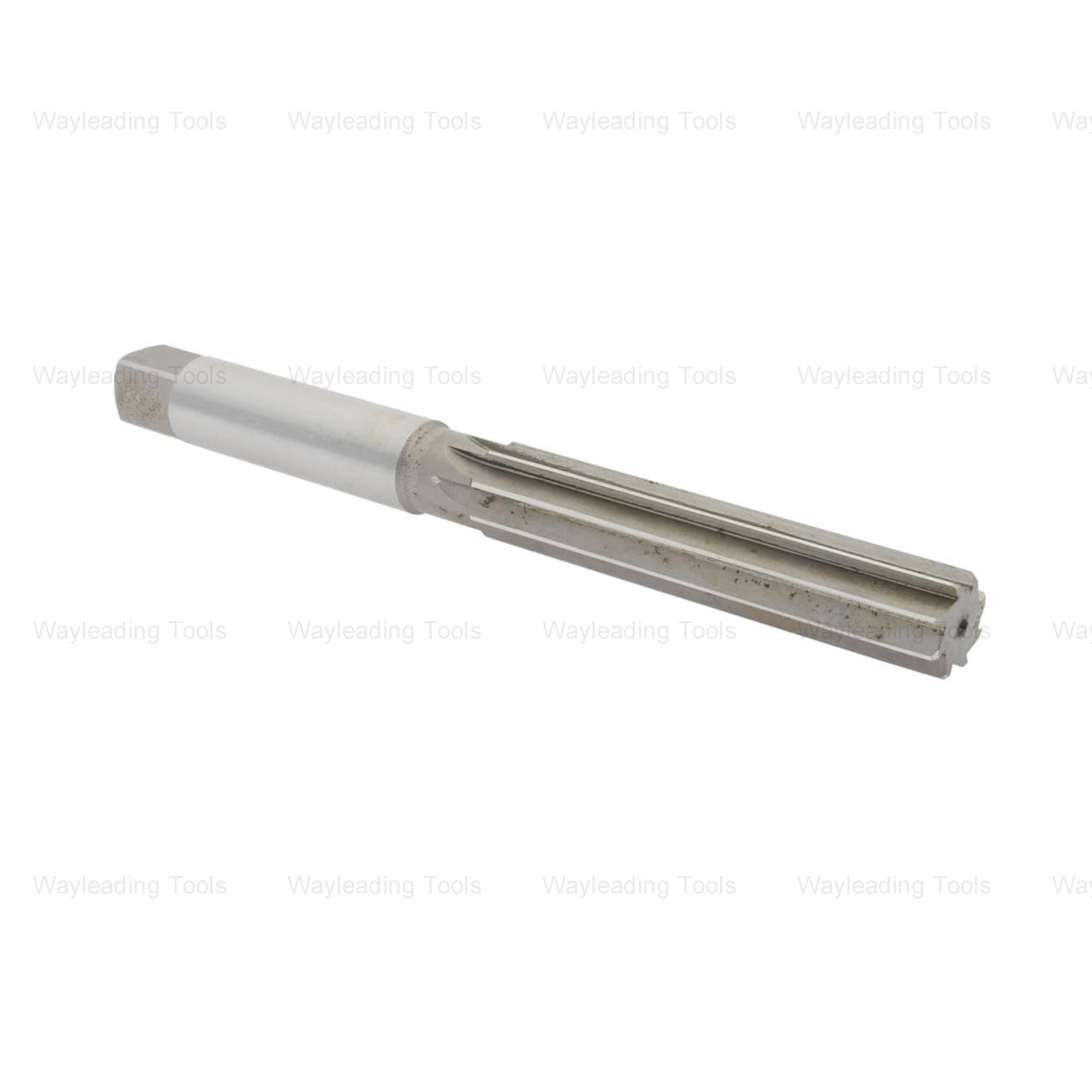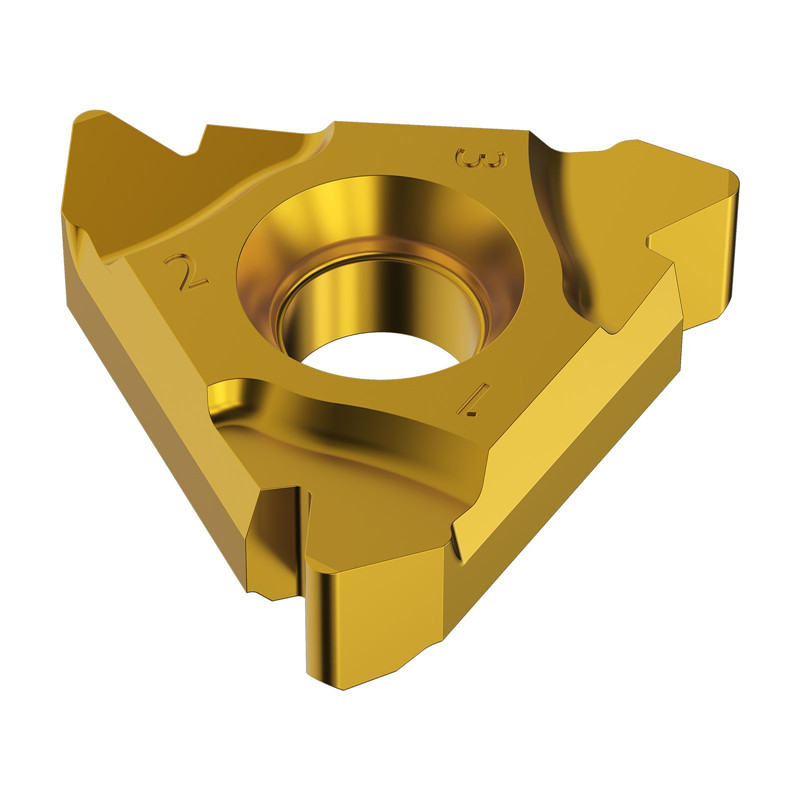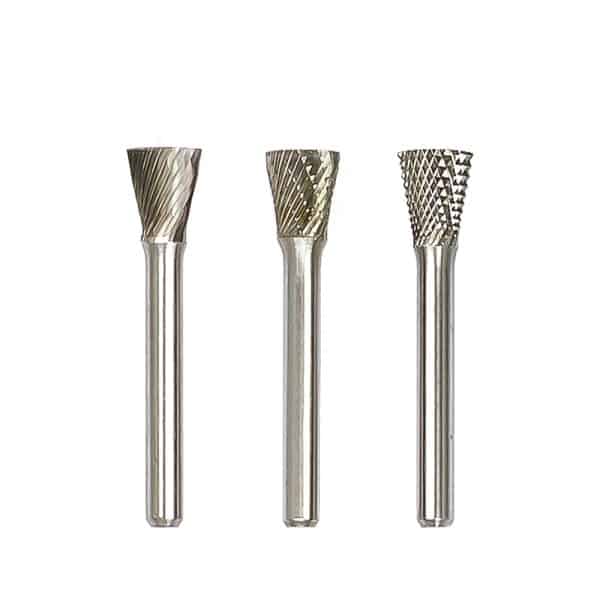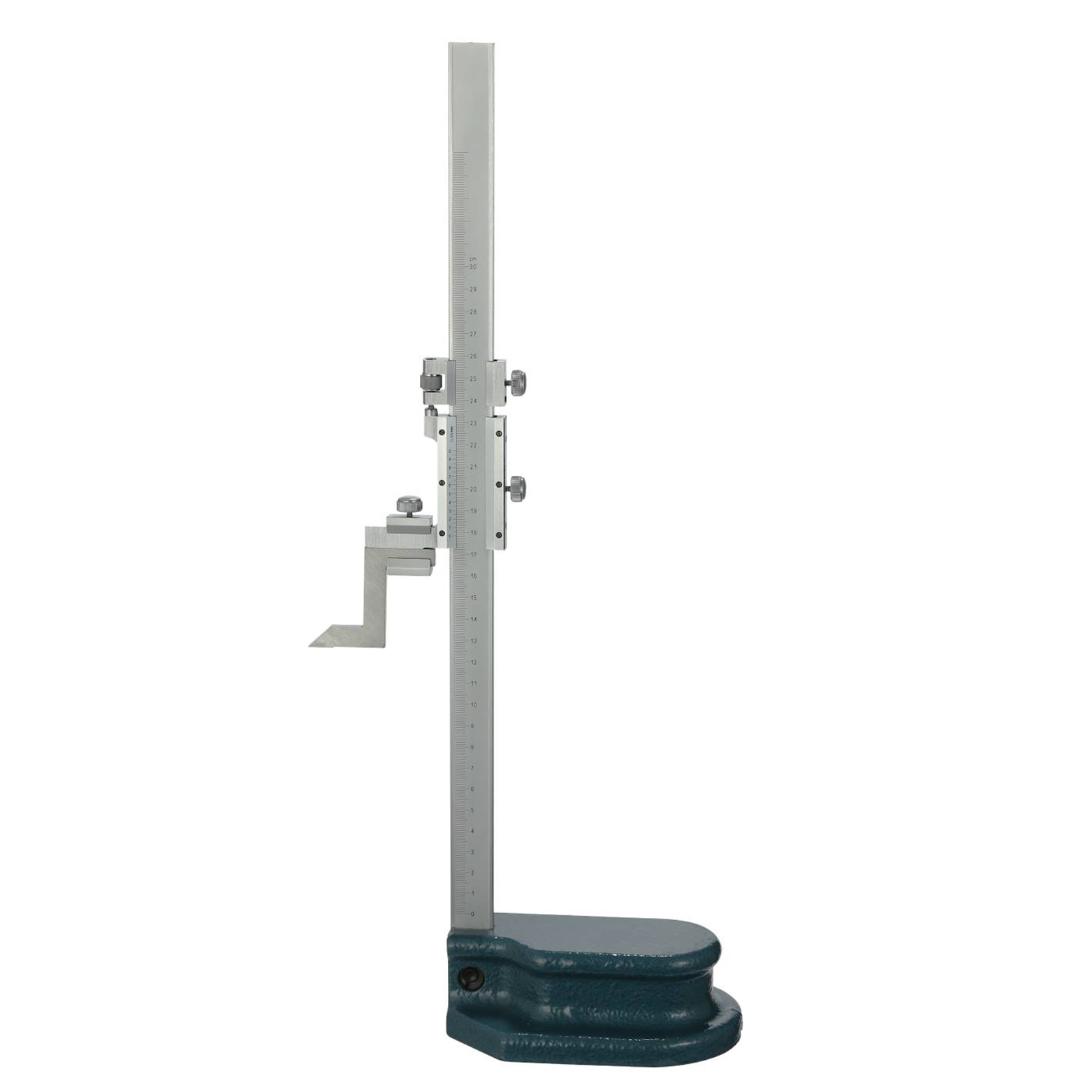step drilling Factories
Step drilling, also known as multi-diameter drilling, is a process used to create holes with multiple diameters in a single pass. This guide explores the capabilities of step drilling factories, their processes, applications, and how to select the right partner for your manufacturing needs. We will also cover the advantages and disadvantages of this process, along with alternative solutions.
Understanding Step Drilling
Step drilling is a specialized machining process that requires precision and expertise. It's commonly used to create complex holes in various materials, including metals, plastics, and composites.
What is Step Drilling?
At its core, step drilling involves using a specialized drill bit or tool that can create multiple diameters within a single hole. These 'steps' or diameters are typically concentric and can have varying depths and tolerances. This eliminates the need for multiple drilling operations and reduces production time.
The Step Drilling Process
The step drilling process typically involves these stages:
- Design and Planning: Engineers design the hole with specific diameter and depth requirements for each step.
- Tool Selection: The appropriate step drill bit or tool is selected based on the material, hole geometry, and required tolerances.
- Machining Setup: The workpiece is securely fixtured on a CNC milling machine or other appropriate equipment.
- Drilling Operation: The machine precisely drills the hole, creating each diameter step according to the programmed instructions.
- Quality Control: The finished hole is inspected to ensure it meets the specified dimensions and tolerances.
Advantages of Using Step Drilling Factories
Partnering with specialized step drilling factories offers several advantages:
- Improved Efficiency: Reduced cycle times by combining multiple drilling operations into one.
- Enhanced Precision: CNC machining ensures accurate and consistent hole dimensions.
- Cost Savings: Lower labor costs, reduced material waste, and improved production efficiency contribute to overall cost savings.
- Complex Geometries: Ability to create intricate hole designs that are difficult or impossible to achieve with conventional drilling methods.
Applications of Step Drilling
Step drilling is used in a wide range of industries and applications:
- Aerospace: Manufacturing of structural components, engine parts, and hydraulic systems.
- Automotive: Production of engine blocks, cylinder heads, and transmission components.
- Medical Devices: Fabrication of surgical instruments, implants, and diagnostic equipment.
- Electronics: Creation of holes for connectors, fasteners, and wiring in electronic housings.
Choosing the Right Step Drilling Factory: Key Considerations
Selecting the right step drilling factory is crucial for ensuring the success of your project. Here are some key factors to consider:
- Experience and Expertise: Look for a factory with a proven track record in step drilling and a team of experienced engineers and machinists.
- Equipment and Technology: Ensure the factory has state-of-the-art CNC machines and tooling capable of meeting your specific requirements.
- Quality Control: Verify that the factory has a robust quality control system in place to ensure the accuracy and consistency of its products.
- Material Capabilities: Confirm that the factory has experience working with the materials you require, such as aluminum, steel, titanium, or plastics.
- Capacity and Lead Times: Assess the factory's capacity to handle your production volume and their ability to meet your deadlines.
- Certifications: ISO 9001 or other relevant certifications are good indicators of a quality-focused supplier. For example, Wayleading Tools holds several key certifications.
Comparing Step Drilling to Other Hole-Making Processes
While step drilling is a valuable technique, it's important to understand its strengths and limitations compared to other hole-making processes:
| Process | Advantages | Disadvantages | Typical Applications |
|---|---|---|---|
| Step Drilling | Efficient for multi-diameter holes, high precision, reduces cycle time. | Specialized tooling required, can be more expensive for simple holes. | Aerospace components, automotive parts, medical devices. |
| Conventional Drilling | Simple and cost-effective for single-diameter holes, widely available tooling. | Requires multiple operations for multi-diameter holes, lower precision compared to step drilling. | General purpose hole-making, construction, furniture manufacturing. |
| Reaming | Improves hole accuracy and surface finish. | Requires a pre-drilled hole, not suitable for creating multi-diameter holes directly. | High-precision holes in bushings, bearings, and other critical components. |
Materials Commonly Used in Step Drilling
Step drilling is compatible with a variety of materials, and the choice depends on the application and requirements. Some common materials include:
- Aluminum Alloys: Lightweight, corrosion-resistant, and easily machinable.
- Steel Alloys: High strength and durability, suitable for demanding applications.
- Stainless Steel: Corrosion-resistant and hygienic, ideal for medical and food processing equipment.
- Titanium Alloys: High strength-to-weight ratio and excellent corrosion resistance, used in aerospace and medical implants.
- Plastics: Various types of plastics, such as acrylic, polycarbonate, and nylon, can be step drilled.
Future Trends in Step Drilling
The field of step drilling is constantly evolving, with new technologies and techniques emerging. Some future trends include:
- Advanced Tooling: Development of new cutting tool materials and geometries for improved performance and tool life.
- Automation and Robotics: Integration of robots and automated systems for increased efficiency and reduced labor costs.
- Simulation and Modeling: Use of computer simulations to optimize the step drilling process and predict performance.
- Smart Manufacturing: Implementation of sensors and data analytics to monitor and control the step drilling process in real-time.
Conclusion
Step drilling is a powerful and versatile machining process that offers significant advantages for creating complex holes with multiple diameters. By partnering with a reputable step drilling factory, businesses can improve efficiency, enhance precision, and reduce costs. As technology continues to advance, step drilling will play an increasingly important role in manufacturing a wide range of products across various industries. Wayleading Tools, as an experienced manufacturer, can assist you with your precision drilling requirements.
Related products
Related products
Best selling products
Best selling products-
 Precision 2pcs Angle Blocks Set With High Quality Type
Precision 2pcs Angle Blocks Set With High Quality Type -
 Type C Cylinder Ball Nose Tungsten Carbide Rotary Burr
Type C Cylinder Ball Nose Tungsten Carbide Rotary Burr -
 Precision V Block And Clamps Set With Customized Type
Precision V Block And Clamps Set With Customized Type -
 Precision Expanding Mandrel From 9/16″ to 3-3/4″
Precision Expanding Mandrel From 9/16″ to 3-3/4″ -
 Deburring Tool Holder For The Deburring Tool Blades
Deburring Tool Holder For The Deburring Tool Blades -
 Indexable Spade Drill Holder With Helical Flute Holder And Taper Shank
Indexable Spade Drill Holder With Helical Flute Holder And Taper Shank -
 Precision V Block And Clamps Set With High Quality Type
Precision V Block And Clamps Set With High Quality Type -
 HSS Inch Screw Slotting Saws For Industrial With Bright Or TiN Coated
HSS Inch Screw Slotting Saws For Industrial With Bright Or TiN Coated -
 HSS Hand Reamers – Metric & Inch Sizes, Straight or Spiral Flutes
HSS Hand Reamers – Metric & Inch Sizes, Straight or Spiral Flutes -
 Outside Micrometer Set Of Inch & Metric With Rachet Stop
Outside Micrometer Set Of Inch & Metric With Rachet Stop -
 Digital Indicator – Precision Type, Inch/Metric, Industrial Grade
Digital Indicator – Precision Type, Inch/Metric, Industrial Grade -
 Partial profile 60° Threading Insert With ER & IR Type
Partial profile 60° Threading Insert With ER & IR Type











